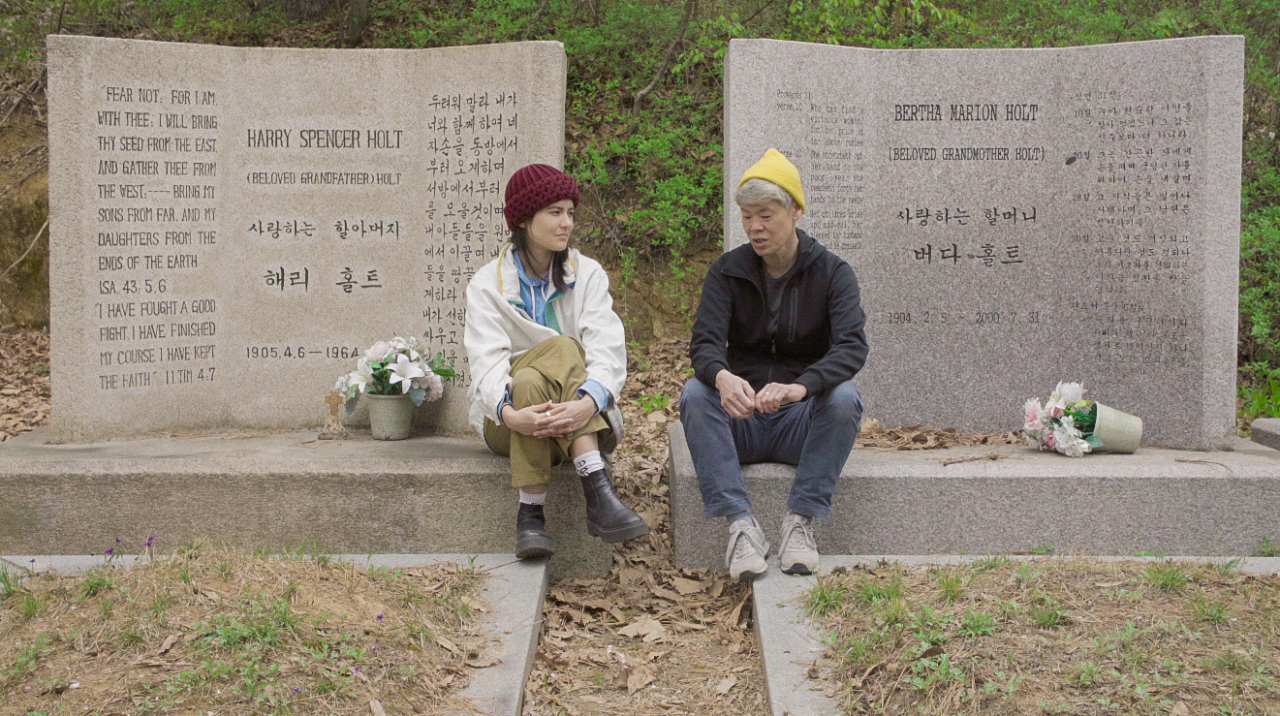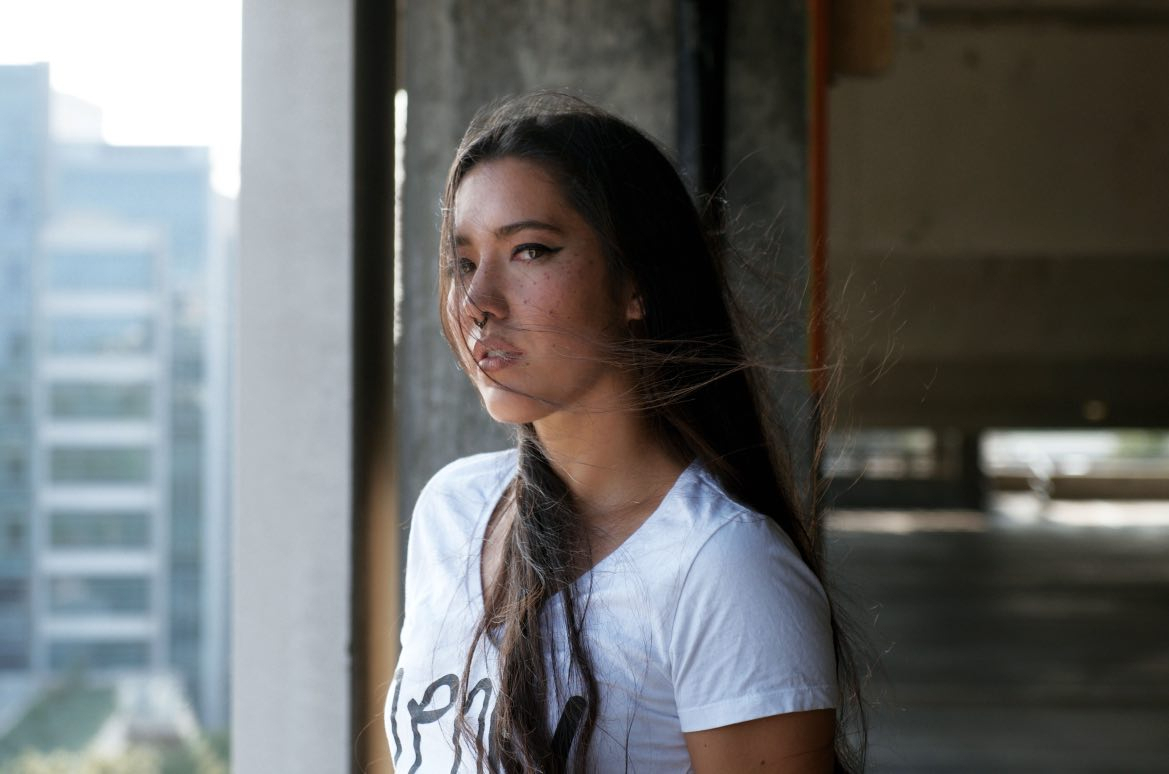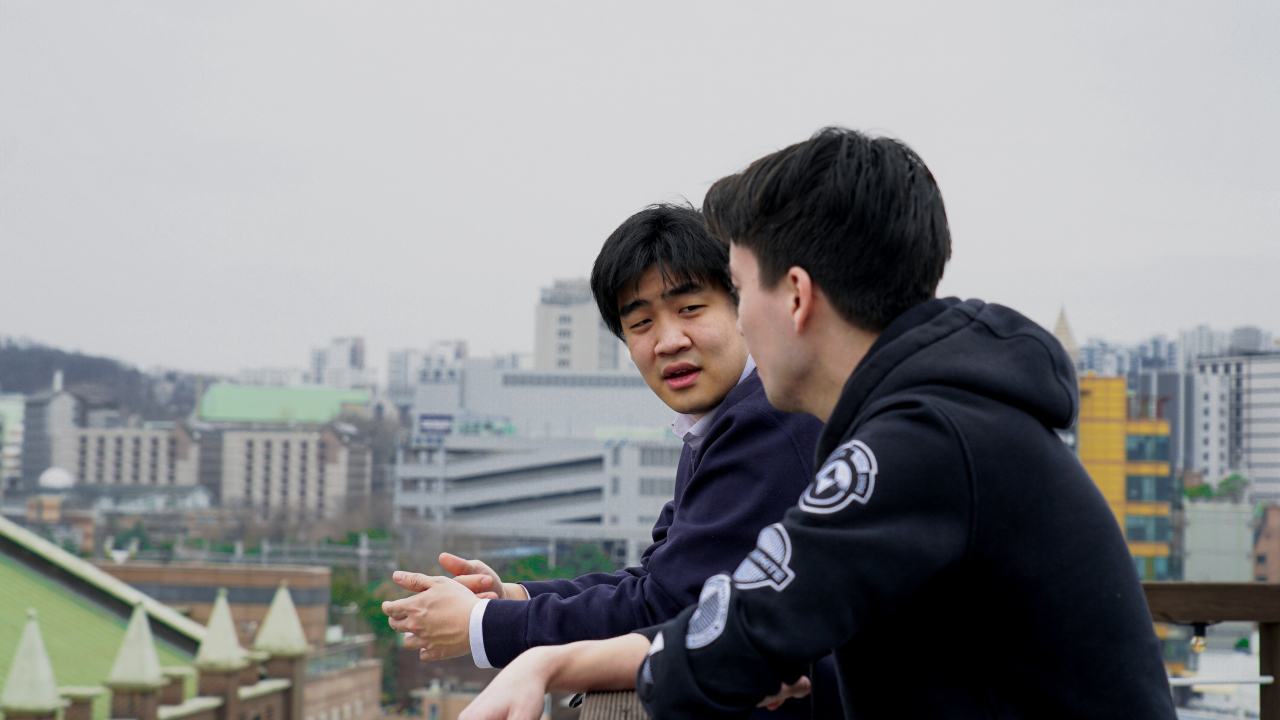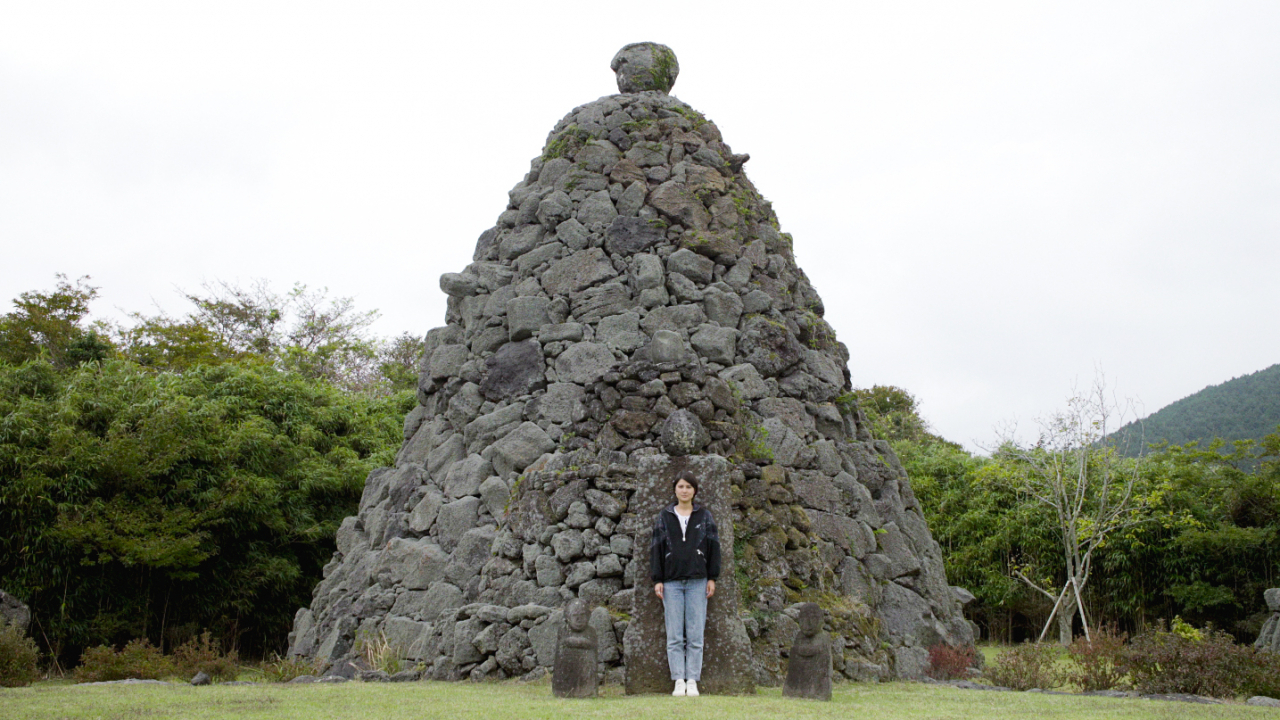[LLG] Unseen inheritance: Trauma of transnational adoption 'trickles down' to adoptees' children
Adult children of Korean adoptees reflect on how their parents' stories impacted their lives, identities and right to their roots
By Amber Anne RoosPublished : May 12, 2024 - 15:52

As South Korea’s dark past of international adoptions continues to unravel, an unexpected second storm has emerged. Intergenerational trauma -- a concept from the field of counseling psychology that has come into wider use in recent years -- is connecting a generation of adoptees' children feeling the effects of their parents’ adoption experiences.
With their newfound collective voice, adoptees' children are raising awareness for their community and the need for clarity on their rights as a generation.
“Even though it’s not me but my parents who were adopted, their adoption impacts me to the core,” said Bastiaan Flikweert, a Korean studies master’s student at Yonsei University in Seoul and the son of two Korean Dutch adoptees.
“When kids asked me why I looked different, the automatic response was that my parents were adopted," he said, explaining how much a part of his life his parents' adoption was. "I don’t think I even knew what the word ‘adoption’ meant at the time.”
Flikweert co-moderates a Facebook group specifically for descendants of Korean adoptees. Despite being in its infancy, the group is expanding quicker than he expected, reflecting the growing need for community among them, he said.
Parents' adoptions, children's questions
Since the end of the Korean War in 1953, an estimated 200,000 South Koreans have been sent overseas for adoption, mainly to the US and Europe and into white families. In post-war times, the humanitarian narrative of saving orphans from poverty convinced many parents to adopt a Korean baby -- many unaware of the ramifications it would have.
Although there is now more understanding of the distress adoptees experience during and after adoption, the effect of the process on their children has not yet been fully recognized.
Meeja Richards, a Korean American who grew up with a deaf Korean adoptee mother, has no doubt that her mother’s adoption impacted the way she was raised.
“I relate a lot with the problems that Korean adoptees face as well, like fear of abandonment and fear of homelessness, which is interesting because I don't really have a reason to have those experiences. So I think something in the way that my mom parented me must have influenced that,” Richards said.

Flikweert is currently working with an interdisciplinary team of researchers led by Boston College associate professor of counseling, developmental and educational psychology Oh Myo Kim to research the adult children of Korean adoptees. Through a series of surveys and interviews, they explore topics such as identity and socialization.
A recurring topic that Flikweert and Kim observed was a feeling of “in-betweenness.”
“There's a lot of ambiguity that came up in the interviews, either around the racial-ethnic identity, around the adopted community, around whether or not they can search or not search. There's a lot of uncertainty about where to go, where they fit in the story,” Kim explained.
Korean French artist Maite Minh Tam Jeannolin, also a co-moderator of the Facebook group, has several experiences with this in-betweenness. Growing up in the predominantly white countryside of the French Alps, she experienced racism in several facets of her life.
Even at home, her mixed Korean French ethnicity was the elephant in the room. It was only when she moved to a more multicultural environment that she realized how strange her situation was.
“My mom used to not identify as a Korean person. She identified as a French person. I think we can say she grew up totally whitewashed in the sense that she did not even perceive herself as Asian, nor did I,” Jeannolin said.
Right to roots
The discrepancy between Jeannolin’s curiosity about her Korean roots, and her mother’s desire to leave the past behind, was at times a cause for friction between the two.
Jeannolin said, “My mom once told me that it was her story, not mine. I said, ‘Look, it's not just your story. I know I will never go through everything you went through, but when you have a child, part of your story, part of that trauma, trickles down.’”
At the same time, she fears that looking for her biological family while her mother forbids her from doing so might have detrimental effects on her mother’s well-being and their relationship.
“For me, it raises the question of what our rights and responsibilities are as second generation, ethically as well as on a legal level," she said.
Twenty-three-year-old Iwan Scheer, born and raised in the Netherlands, recently made his first trip to Korea. Sadly, his father was not prepared to join him. While Scheer is curious to know more about his Korean family, he respects his father’s wishes not to search for them.
“My dad would get angry whenever I brought up the adoption,” Scheer recalled. “I remember how annoyed he got when he was gifted a traditional hanbok at a family gathering.”

Although their parents preventing them from digging deeper into their past can be frustrating for the descendants of Korean adoptees, Kim speculates that many parents do so in an attempt to shield their children from their trauma.
“I think some parents worry about imposing their trauma on their children. It's a protectiveness of, ‘Can't they just be clean? Can't they just be normal and we just carry our own stuff?’ But the truth is, the children will most likely be impacted by this because the parents are impacted by this,” the professor said.
However, it is not just direct family members that hinder the children of Korean adoptees from finding information about their Korean roots. Richards, who has dedicated her Instagram account to connecting with other children of adoptees and sharing her journey of searching for family, recalled an interaction that rubbed her the wrong way.
“When I told them, 'I’m looking for my grandmother,' they asked me whether I had my mother’s consent. Consent is very important to me, but it felt weird and unfair that I needed consent to find my own family.”
Birth of a community
With the birth of the community, Flikweert hopes to create a safe space for the descendants of Korean adoptees to share their experiences and feel less lonely. Many members are making an effort to spread awareness through various media.
Jeannolin is planning to release a feature documentary film, currently under the working title, "(M)other Land," in the fall of 2025. Through the film, she shares her experience as the child of an adoptee.
“This film is a way for me to dig deeper into my own story, but also to share the intergenerational aspect of adoption with a broader audience.”

Psychology professor Kim, who is a Korean American adoptee herself and mother of two children, was surprised to find that the children of adoptees were affected so deeply by their parents’ experiences.
“I didn't expect so much trauma in the interviews… it was heavier than expected. It's hard to say what the cause was because everybody was different, but there was a lot of sadness in the interviews,” she said.
Although there has been mixed feedback, with some adoptees expressing confusion about the need for a community of their children, there has been an abundance of positive feedback from members and participants.
“Of all the studies I’ve done, this was the one where participants were the most thankful. They thanked me for acknowledging their presence. And there have been a lot of great responses from adoptees who never thought about the children being part of the narrative in that way,” Kim said.
Standing for living, loving and growing, LLG goes beyond the realm of daily news, exploring the vibrant tapestry of modern life, as told by real people. -- Ed.


![[H.eco Forum] H.eco Forum calls for transition to clean, carbon-free energy](http://res.heraldm.com/phpwas/restmb_idxmake.php?idx=644&simg=/content/image/2024/05/22/20240522050668_0.jpg&u=20240522175145)
![[Exclusive] LACMA admits it needs further research on donated Korean paintings](http://res.heraldm.com/phpwas/restmb_idxmake.php?idx=644&simg=/content/image/2024/05/22/20240522050568_0.jpg&u=20240523001632)


![[Bridge to Africa] Africa-Korea partnership: Why it matters for future](http://res.heraldm.com/phpwas/restmb_idxmake.php?idx=644&simg=/content/image/2024/05/22/20240522050681_0.jpg&u=20240522182351)
![[Herald Interview] Korean adoptees embark on journeys to find roots](http://res.heraldm.com/phpwas/restmb_idxmake.php?idx=644&simg=/content/image/2024/05/22/20240522050754_0.jpg&u=20240522190539)
![[Graphic News] Medical tourists visiting Korea reach record high](http://res.heraldm.com/phpwas/restmb_idxmake.php?idx=644&simg=/content/image/2024/05/21/20240521050794_0.gif&u=20240523171313)









![[Today’s K-pop] NCT127 drops single in Japan to mark anniversary](http://res.heraldm.com/phpwas/restmb_idxmake.php?idx=642&simg=/content/image/2024/05/23/20240523050694_0.jpg&u=20240523175657)